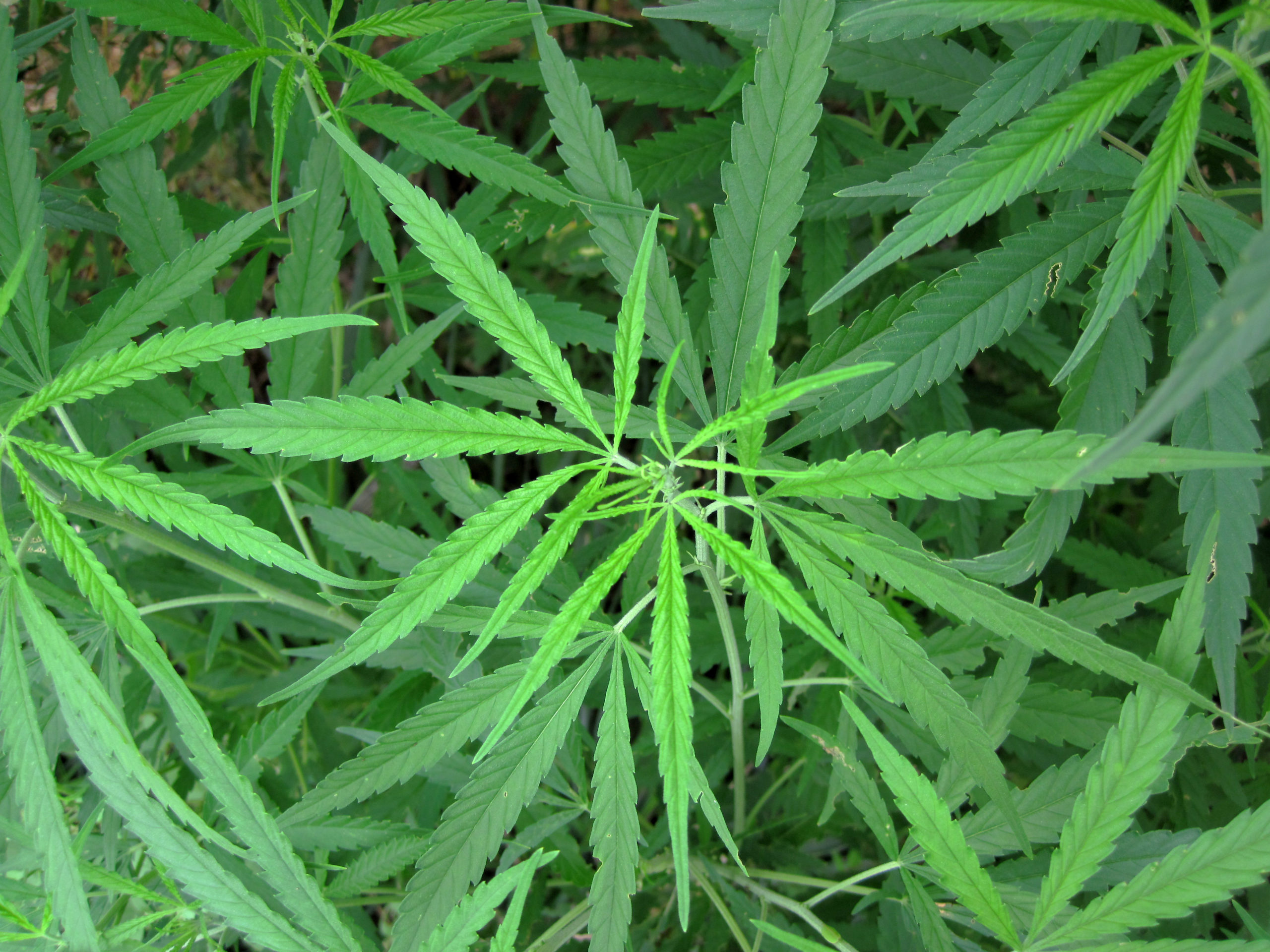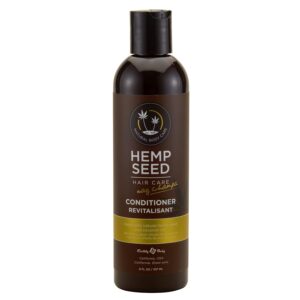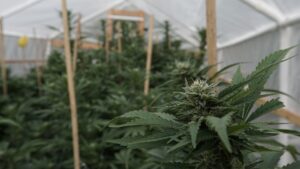While 54 percent of Americans live in legal cannabis states, Pennsylvania unfortunately lags behind. It is one of only nineteen states where adults can be incarcerated simply for possessing cannabis. Instead of perpetuating a failed policy that ruins lives and drains state resources, Pennsylvania should seize the opportunity of cannabis legalization in order to help grow the economy, increase freedom, and promote health and safety.
Five of Pennsylvania’s six neighboring states have already embraced legalization and are reaping significant financial rewards. Michigan, despite having a smaller population than Pennsylvania, generated a staggering $520 million in adult-use cannabis excise and sales tax revenue in 2024 alone. Pennsylvania is forfeiting potential revenue by clinging to outdated prohibitionist policies, effectively sending millions of dollars across state lines to bolster the coffers of its neighbors. At the same time, federal funds for Pennsylvania have become unpredictable, and the economy has begun a downturn. Legalization in Pennsylvania would generate hundreds of millions in new tax revenue each year to support residents’ well-being.
In addition to generating a new revenue stream for the state, the cannabis industry itself is a significant job creator. Legalization in Pennsylvania is projected to generate over 30,000 new jobs, providing much-needed employment opportunities for state residents across various sectors, from cultivation and processing to retail and distribution.
Beyond the economic benefits, the continuation of cannabis prohibition in Pennsylvania carries significant social costs. The state currently arrests over 11,000 individuals annually for cannabis-related offenses, a figure that represents a considerable drain on limited law enforcement resources that could be far better allocated to addressing more serious crimes that directly impact the safety and well-being of Pennsylvanians.
Cannabis-related arrests and convictions can have devastating and long-lasting consequences, leading to job loss, housing insecurity, and the foreclosure of career paths, even years after sentences are completed. Furthermore, the enforcement of cannabis laws disproportionately affects minority communities. ACLU analysis reveals that Black individuals in Pennsylvania are three times more likely to be arrested for cannabis possession than their white counterparts, despite similar rates of use. It is illogical and unjust to criminalize adults for possessing a substance demonstrably less harmful than alcohol.
Finally, legalization offers a pathway to regulation and control. On the other hand, the illicit cannabis market operates without any oversight, leaving consumers vulnerable to contaminated products containing molds, dangerous pesticides, heavy metals, and even lethal substances like fentanyl. With legalization comes sensible regulations that prioritize public health and safety, including mandatory ID checks to prevent underage sales, rigorous lab testing to ensure product safety and potency, bans on harmful pesticides and additives, and the requirement of child-proof packaging.
By embracing a sensible regulatory framework for adult-use cannabis, Pennsylvania stands to cultivate significant economic growth, rectify social injustices stemming from prohibition, and ensure a safer, more controlled market for its citizens. However, Pennsylvania lacks a citizen initiative process, so the only path to legalization runs through the Legislature. A majority of Pennsylvanians agree that legalization is the better approach, and it’s time for legislators to work together to get legalization done this year.
Karen O’Keefe is the Director of State Policies at the Marijuana Policy Project




![DaBaby – ROCKSTAR FT RODDY RICCH [Audio]](https://www.tokethemost.com/wp-content/plugins/pt-content-views-pro/public/assets/images/lazy_image.png)







